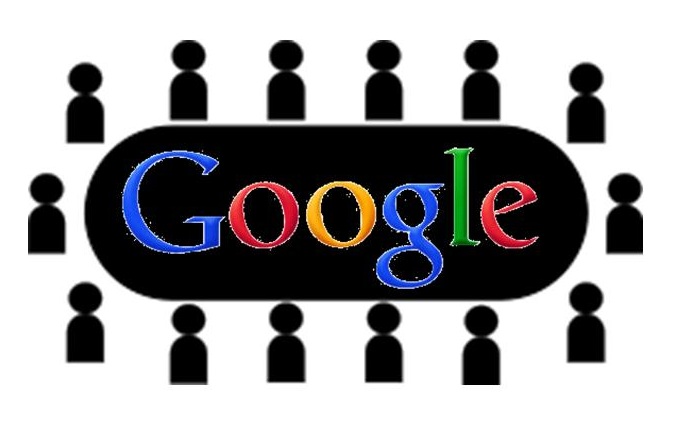As a growing number of marketers target smartphone and tablet users, the search engine giant is feeling the pinch.
Shares at Google have experienced some notable drops over the last week, following the reports from the search engine giant that have indicated that profits and second quarter sales were not as high as they had projected; a fact that is being blamed, in part on mobile marketing.
Though Google is very dominant in the online sphere, smartphones and tablets are shaking things up.
The revenue for the second quarter of this year was reported to be $11.1 billion. Though this is still a solid figure, it is a clear miss of the average estimate that had been presented by analysts for $11.3 billion during that period of time. Mobile marketing is starting to be seen as considerably more powerful and influential than it had been.
Moreover mobile marketing also took its toll on the profits that Google experienced in this time.
 Before certain items, profits had been at $9.56 per share, which is lower than the average forecast, which had been staked at $10.80. Last week, the shares continued their slide by up to 5.7 percent, at times.
Before certain items, profits had been at $9.56 per share, which is lower than the average forecast, which had been staked at $10.80. Last week, the shares continued their slide by up to 5.7 percent, at times.
Furthermore, beyond all of this unfortunate news for Google, the average cost per click also drooped by 6 percent, as mobile marketing became an increasingly popular effort, drawing budgets away from traditional desktop advertising.
According to a BGC partners LP analyst, Colin Gillis, in an interview with Bloomberg, “The challenge is for Google to reignite revenue growth as their existing businesses start to mature.” Gillis went on to say that “The core business is slowing down.”
This means that Google, just like the rest of the online world, is now realizing that the power of mobile marketing is considerably greater than predicted, and that an evolution will be required in order to be able to keep up with the changes that it demands.
There was one point during which the shares from Google had shrunk to $858.80 following late trading that had occurred after the day’s closing, which had been recorded at $910.68.

 Cost explained that “For a retailer like us that has a very broad product offering, to get customers quickly to relevant products is important, especially on a mobile device.” The retailer currently has over 30,000 products available for sale in its catalog online, and over mobile commerce.
Cost explained that “For a retailer like us that has a very broad product offering, to get customers quickly to relevant products is important, especially on a mobile device.” The retailer currently has over 30,000 products available for sale in its catalog online, and over mobile commerce.